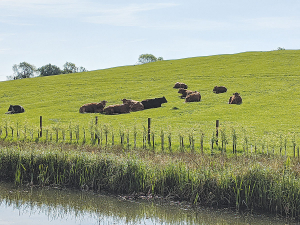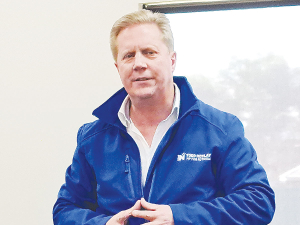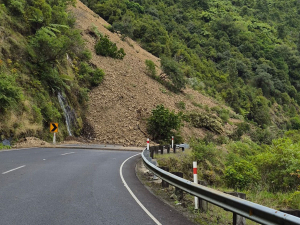Federated Farmers is giving the thumbs up to a report released this month by the Rural Supplies Technical Working Group on water services.
Federated Farmers president Andrew Hoggard sees positives in the report, in particular, rejection of inflexible ‘one size fits all’ approaches to rural supplies.
“Many of the findings raised by the group look sound,” he says. “The report appears to be a tiny sliver of common sense in amongst a pile of water policy decision-making we are struggling to explain to our members.”
The technical working group chaired by Clutha Mayor Bryan Cadogan has recommended all council-owned mixed-use rural supplies should transfer to the new water services entities because they will have the people, resources and expertise to operate these schemes into the future.
However, Federated Farmers still has major concerns about the set-up of the ‘four entities’ themselves.
“But we like the recommendation that there should be the option for the rural community to take back water assets with shared ownership or maintenance agreements,” Hoggard says.
“It would depend on capacity, finances and capability, the predominant use of the scheme and other factors. But the community should decide.”
Feds agrees with the report’s recommendation that rural service users should generally not be subsidising urban service users.
Also, that consultation with rural users on the water entities’ funding should start before the new entities ‘go live’ and before domestic volumetric pricing is introduced to new areas.
The recommendation that new water quality regulator Taumata Arowai should provide cost-effective ways for schemes to comply that recognises their uniqueness, offers options to not chlorinate in certain drinking water supply situations, and closely involves rural stakeholders in designing and implementing regulatory requirements, are “spot on” Hoggard says.
Federated Farmers continues to analyse and submit on the vast array of other regulatory changes proposed in the water management area.
“Sadly this is just a small piece in the much larger puzzle we are trying to put together properly for our members right now,” he says.










